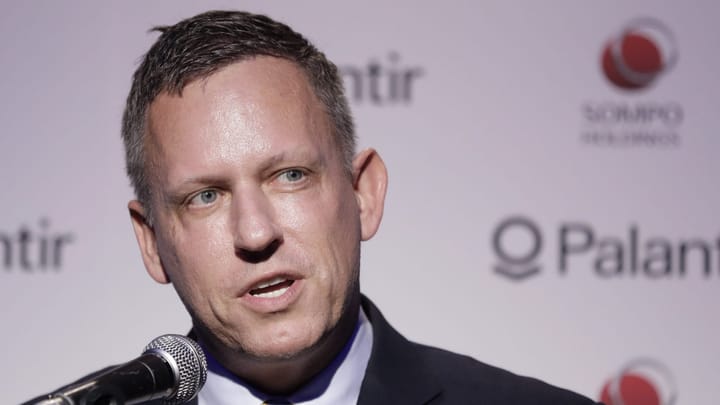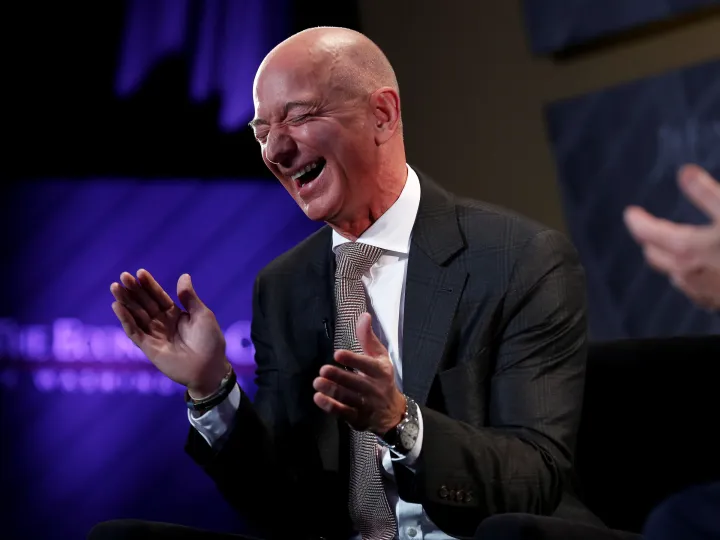Why Meta’s Dismantling of DEI Risks Tech’s Future
Meta’s retreat from DEI initiatives highlights a broader regression in tech’s commitment to inclusion and accountability.

Meta announced on Friday that it would dismantle its diversity, equity, and inclusion programs. In a memo to employees, Meta's VP of HR, Janelle Gale, cited changing legal landscapes and Supreme Court decisions as catalysts while lamely noting that "DEI" has become "charged."
The company will eliminate its DEI team, restructure hiring practices, and end minority-owned vendor initiatives. Meanwhile, chief diversity officer Maxine Williams will be shuffled to "accessibility and engagement." The timing, "coinciding" with Meta's retreat from fact-checking and content moderation, is part of a broader ideological shift that can only be called a regression.
Meta's retreat from DEI programs represents a fundamental betrayal of innovation's core principles. The argument that diversity impedes merit-based hiring misses a crucial point: innovation doesn't emerge from homogeneous thinking but from the collision of perspectives, experiences, and approaches to problem-solving.
Facial recognition software initially struggled with darker skin tones. Why? The development teams lacked racial diversity and could not design products for people who didn't look like them. Or take Amazon's early AI recruiting tool, which showed bias against women because it learned from historically male-dominated hiring patterns. These aren't the direct results of homogeneous development teams failing to consider perspectives beyond their own. Every time technology fails to serve a segment of society, we're witnessing the cost of insufficient diversity in action.
Pure meritocracy in tech has always been a myth. Silicon Valley's supposed meritocracy has historically favored certain demographics not because of superior ability but because of entrenched networks, cultural biases, and systemic barriers to entry. When Meta argues they'll "build the best teams with the most talented people" while dismantling DEI initiatives, they essentially say they trust the same system that created tech's diversity problem to magically solve it.
Here's what's particularly galling about Meta's move: it comes when the tech industry faces foundational challenges that need diverse perspectives more than ever. AI, ethics, privacy concerns, digital addiction—these aren't just technical problems. They're human problems requiring solutions from people who understand different communities' needs, fears, and aspirations. The contradiction of tech's cultural moment is how Meta can claim to "make the world more open and connected" while deliberately narrowing the pool of perspectives shaping its products.
DEI programs don't lower standards—they expand the search for excellence. They acknowledge that talent exists everywhere, but opportunity doesn't. When tech companies abandon DEI efforts, they're not choosing merit over diversity; they're choosing comfort over innovation, familiarity over growth, and mediocrity over excellence.
Zuckerberg's appearance on Joe Rogan reveals what's going on. His comments about giving "too much deference" to media concerns post-2016 suggest this isn't just about DEI—it's about tech's broader retreat from social responsibility. It's a convenient narrative: blame external pressure for previous attempts at accountability, then frame the abandonment of these efforts as a return to pure technological innovation. But innovation doesn't exist in a vacuum. Technology shapes society, and society should shape technology.
The irony is that by abandoning DEI initiatives, Meta and others risk becoming less innovative, less competitive, and less relevant. Studies consistently show diverse teams outperform homogeneous ones in problem-solving, innovation, and market understanding. But beyond metrics, there's a fundamental question: What kind of future are we building when we deliberately adopt policies that we know will exclude voices from its construction?
Meta's decision suggests that progress is negotiable, inclusion is optional, and innovation can thrive in an echo chamber.
The tech industry is at a crossroads. One path leads toward genuine innovation through diversity of thought, experience, and perspective. The other leads to technological advancement stripped of social consciousness—progress without purpose, innovation without insight. Meta has chosen its path. The question now is whether other tech companies will follow suit or summon the moral courage to demonstrate moral fortitude.


